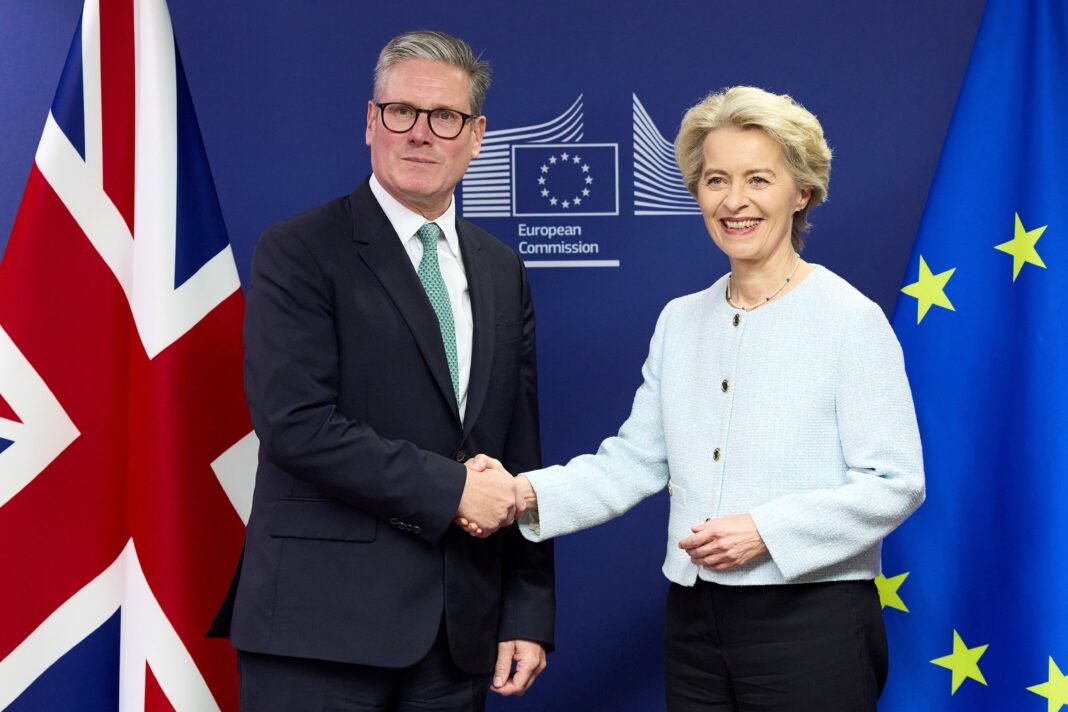Prime Minister Sir Keir Starmer has strongly hinted that a youth mobility scheme may be part of a future UK-EU deal. Speaking ahead of a major UK-EU summit, he emphasized the plan would not revive full freedom of movement. Instead, he called for a controlled, reciprocal arrangement allowing young people to work abroad for up to two years.
So far, no firm details have been shared on age eligibility or visa limits. However, the UK seems focused on tighter conditions than the EU, which is reportedly pushing for four-year stays. The UK prefers shorter terms, between one and two years, under a clearly defined quota system.
Currently, the UK has similar youth mobility agreements with countries such as Australia and Canada. These deals allow young people, usually between ages 18 and 35, to work abroad temporarily. Visa caps apply, ranging from 100 spots for Andorra to 42,000 for Australia. Some nations also hold ballots due to high demand.
The former Conservative-led government had rejected a prior EU offer to facilitate youth exchanges. Labour previously stated it had no plans for such a scheme. However, the current administration now views it as a possible bridge toward renewed cooperation, particularly for young people.
Opposition voices have raised concerns. Conservative leader Kemi Badenoch called the plan “free movement through the back door.” Reform UK also warned it could lead to further EU concessions. In response, Starmer reiterated that youth mobility is not freedom of movement and aligns with Labour’s red lines.
London Mayor Sadiq Khan supports the move. He said it could boost industries like hospitality and healthcare by easing staff shortages. Liberal Democrats echoed this support, calling it a chance to help youth harmed by Brexit. Universities also claim Brexit has discouraged EU students due to higher tuition and fewer loan options.
The youth mobility scheme talks signal a shift in the UK’s approach to Europe. While it is not a return to pre-Brexit ties, it may offer a practical step forward. Ministers say any final deal will reflect British interests, with firm limits on migration. An agreement in principle is expected at the upcoming Lancaster House summit.
In addition to youth mobility, the summit will cover fishing rights and other trade issues. Starmer called it a “really significant moment” for the UK’s future. He said the focus should be on improving jobs, wages, and opportunities for British citizens.
The youth mobility scheme talks signal the start of deeper dialogue between Britain and Europe. Though not final, the proposal may bring fresh benefits to young workers and British industries alike.
For more updates, visit London Pulse News.


